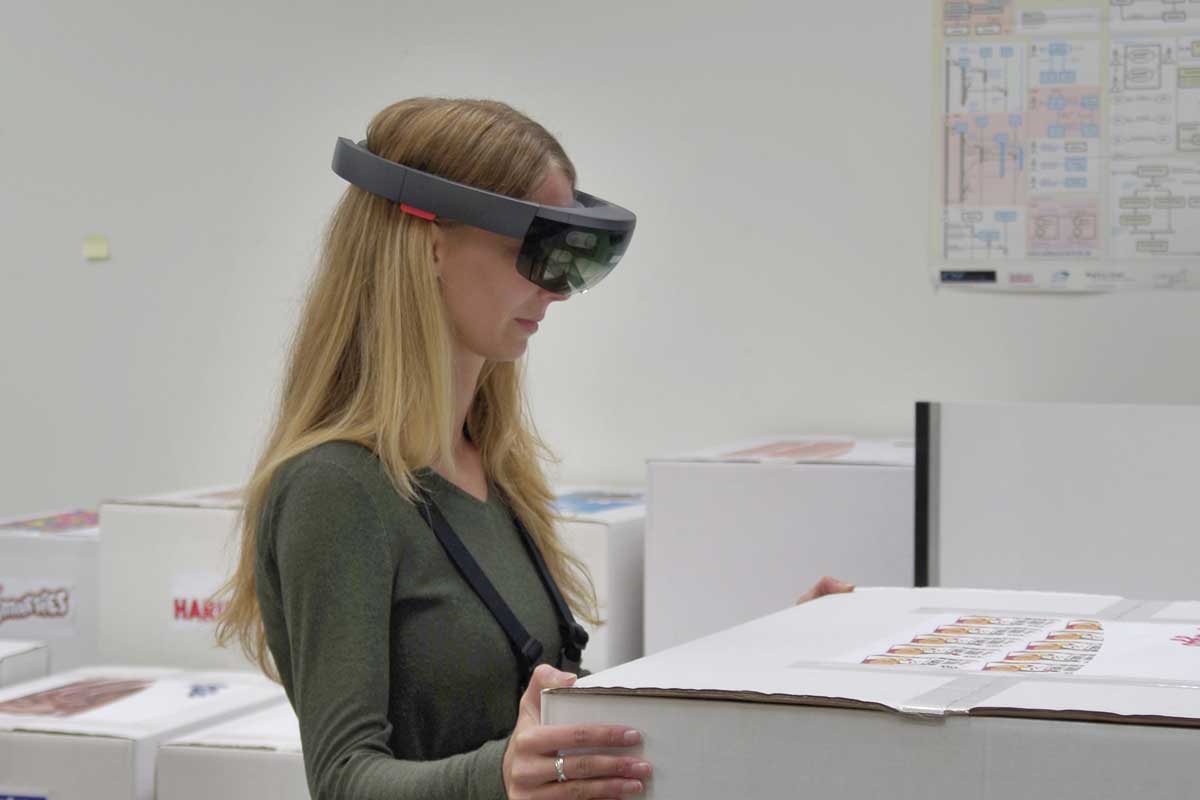There are 2,432,902,008,176,640,000 possible variants for planning a delivery tour with only 20 parcels. Humans cannot think these through alone – nevertheless the “human factor” remains irreplaceable in many logistic systems. In information-intensive working environments, however, the cognitive burden on humans increases – the Optimization and Simulation research clan and the IfADo Leibniz Research Institute are getting to the bottom of the extent of this within the framework of a new cooperation. This includes combining methods of decision support for the planning and control of logistic systems with the human factor. For example, data on cognitive stress at the workplace will be included in a simulation study.
The implementation of such studies pays off: In investment projects in production and logistics, the costs are usually less than one percent of the investment volume. The savings that can be achieved through simulation, on the other hand, are up to five percent. The simulation study by the research clan and IfADo will make it possible to take cognitive ergonomics into account when designing and operating logistics systems.
“The initiative of the Leistungszentrum Logistik und IT (National Centre of Excellence for Logistics and IT) and the interdisciplinary exchange it promotes have thus created new starting points for joint research projects,” says Moritz Pöting, a member of staff at the Institute for Transport Logistics at TU Dortmund University and head of the “Optimization and Simulation” research clan.
Photo: Leibniz-Institut für Arbeitsforschung der TU Dortmund (IfADo)




